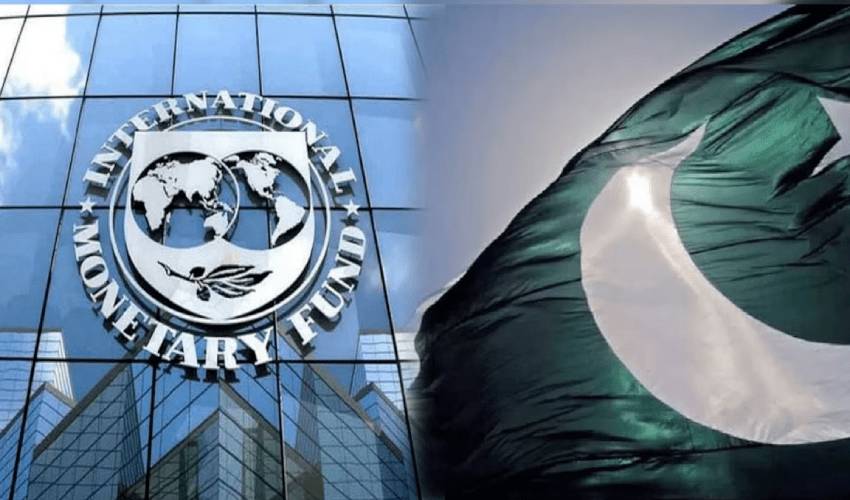The International Monetary Fund (IMF) has emphasized the need for a fairer taxation system in Pakistan that involves all sectors.
In a statement released on Saturday, the IMF’s Executive Board underscored the importance of “sustained implementation” of the recently approved $7 billion bailout package, which includes a $1 billion disbursement under the 37-month Extended Fund Facility (EFF).
The Pakistani government has agreed to implement challenging reforms, including expanding its persistently low tax base. The IMF highlighted the necessity of additional revenue mobilization through improved tax administration and broadening the tax base.
Furthermore, the IMF called for strict enforcement of the anti-money laundering framework, measures to curb corruption in government departments, and reforms in the power sector. It also stressed the need for improved governance within government agencies and ongoing reform efforts, particularly in the energy sector, along with timely adjustments in power pricing.
The lending institution pointed out that businesses require equal opportunities and enhanced productivity across all sectors. The IMF board noted that the new program demands sound policies and reforms to bolster macroeconomic stability, address significant structural challenges, and foster conditions for stronger, more inclusive, and resilient growth.
Despite some progress, the IMF acknowledged that Pakistan’s vulnerabilities and structural issues remain considerable. It highlighted a challenging business environment, weak governance, and an excessive role of the state as obstacles to investment, which is notably low compared to regional peers. The narrow tax base hampers tax fairness and fiscal sustainability, making it difficult to meet Pakistan’s substantial social and developmental spending needs. Insufficient investment in health and education contributes to persistent poverty, while inadequate infrastructure investment remains a pressing concern.










